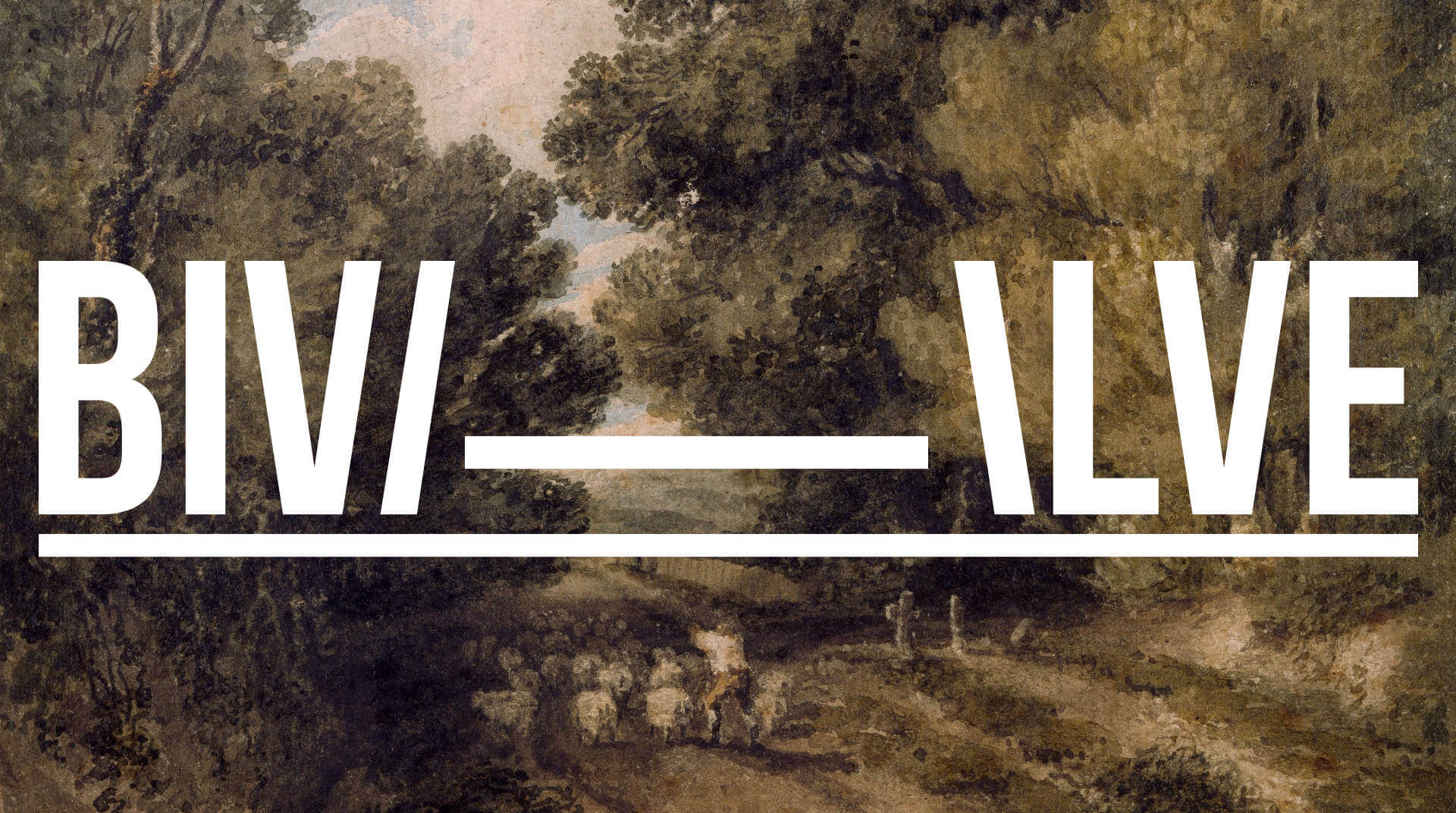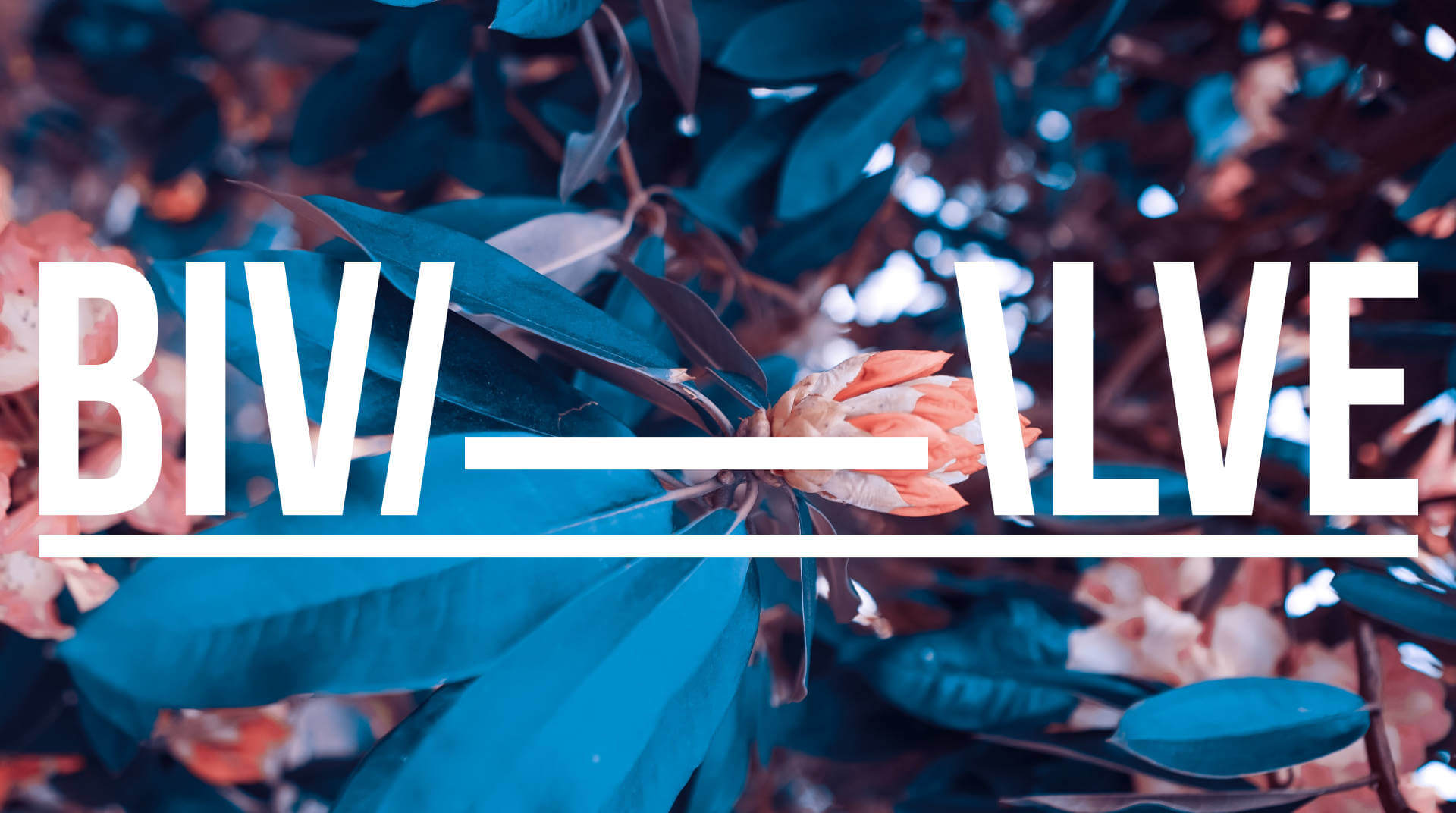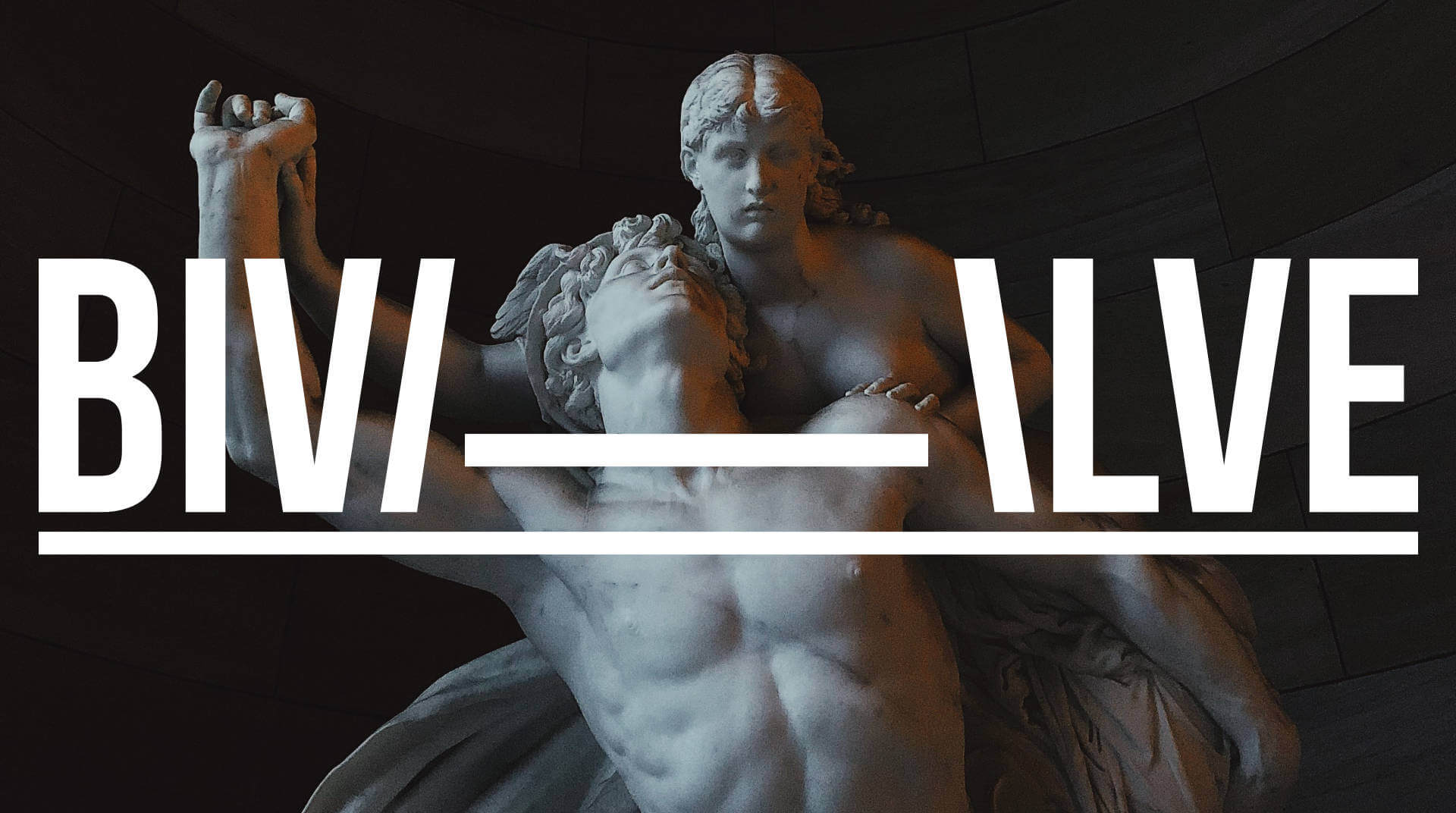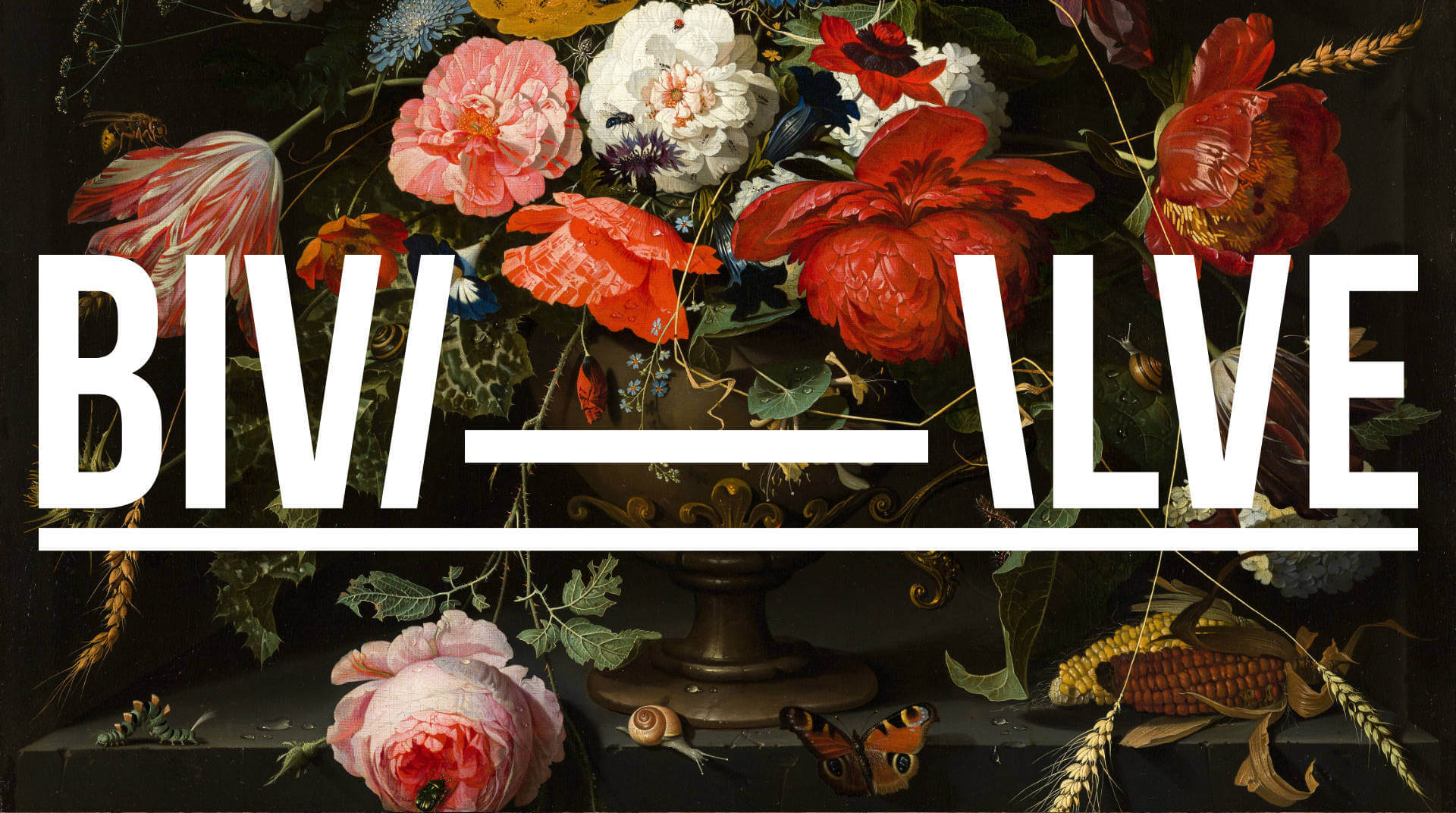Introducing Bivalve,
Kuva’s new brand for the arts
A privacy ecosystem that enables contemporary art professionals to opt out of the data collection economy.
The increased use of digital communications across the art world brings a host of opportunities and risks. The capacity to connect globally, to conduct viewings and meetings without travelling, brings the danger of exposing private or confidential information about yourself, the artists you work with and your clients.
Contemporary artists from Trevor Paglen, Ai Weiwei and Hito Steyerl to Zach Blas and Laura Poitras have critiqued the twenty-first century digital surveillance economy. The increasing complexity of this online ecosystem is algorithmically reiterated.
In this context, it is extremely difficult to create tools which allow people to communicate in private, and indeed, most providers are not concerned to try. The most widely available communications platforms are plugged into an economy which converts user data into profit and could not change their business model even if they wanted to.
The apps we use every day to send messages or make purchases collect data on our online activity, which is bundled with other information to create detailed profiles of our habits, preferences and vulnerabilities. These profiles are bought and sold by data brokers and ad companies and used to shape what we see as we navigate the web, from adverts to job offers to the prices of the products we buy. Vectors including face, voice, text and image are mined by facial and voice recognition, deep text and image machine learning algorithms at scale.
We have invested in bivalve because we believe an alternative to the digital surveillance economy is urgently needed in the arts.
Bivalve has been built with and by Kuva’s arts professionals, digital privacy researchers and data scientists to address this set of problems for the art world.
Bivalve provides real end-to-end encrypted comms with crisp, low-latency video, private text chat and secure document transfer. The styling can be tailored to suit your own aesthetic and is optimised for convenience and ease of use – no sign-ups, profiles or passwords necessary for your invitees, just a link to connect.
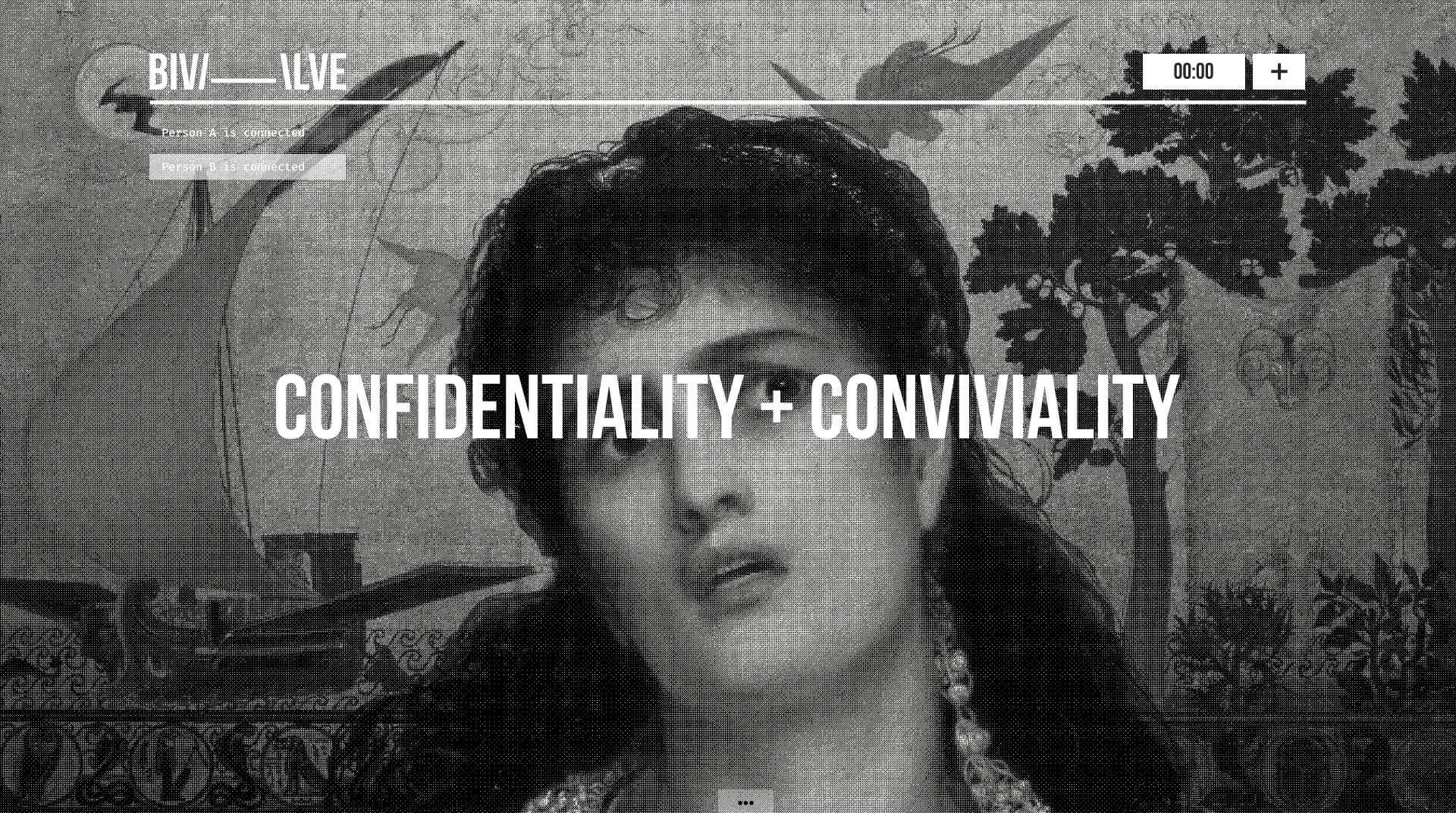
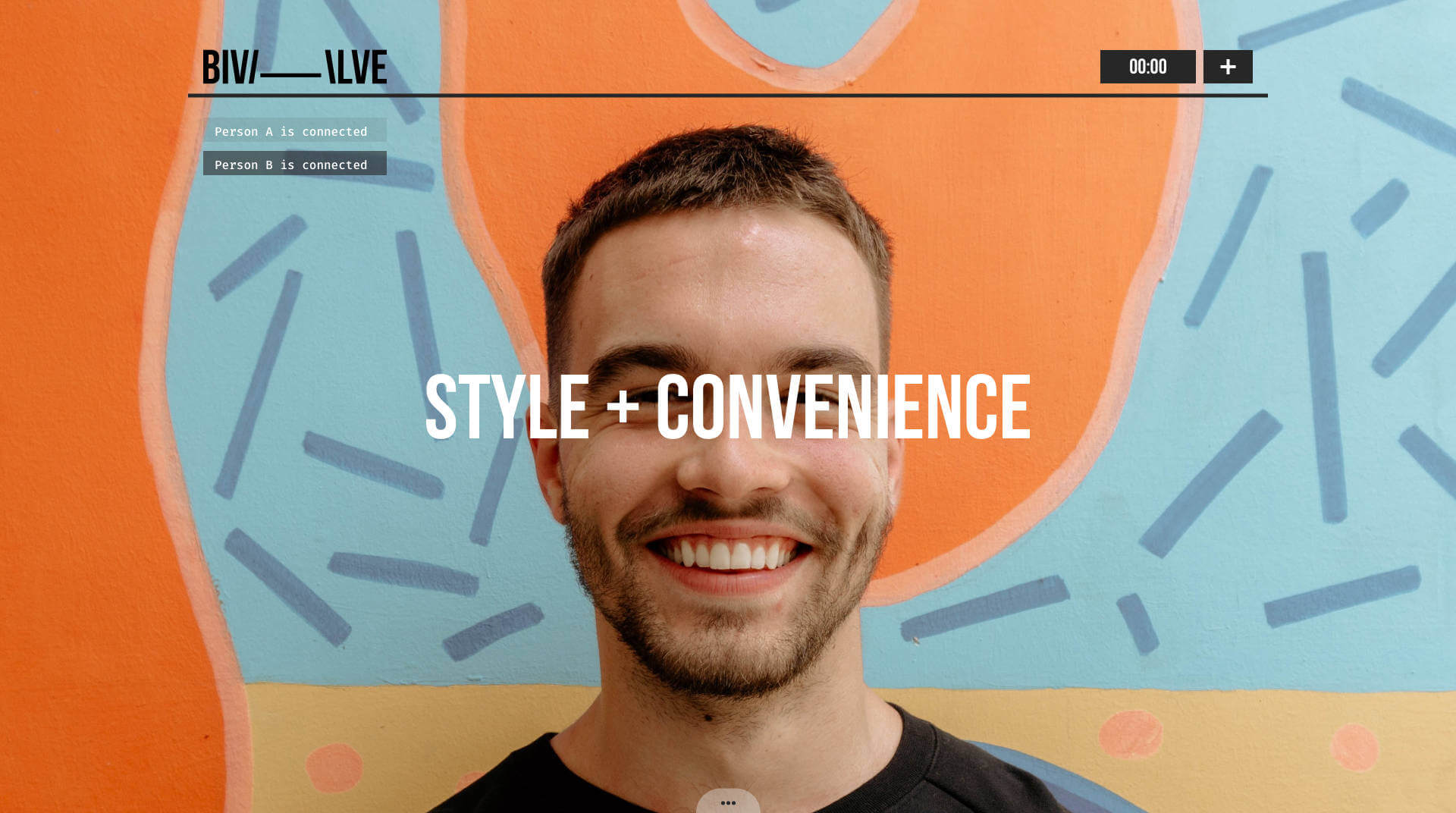
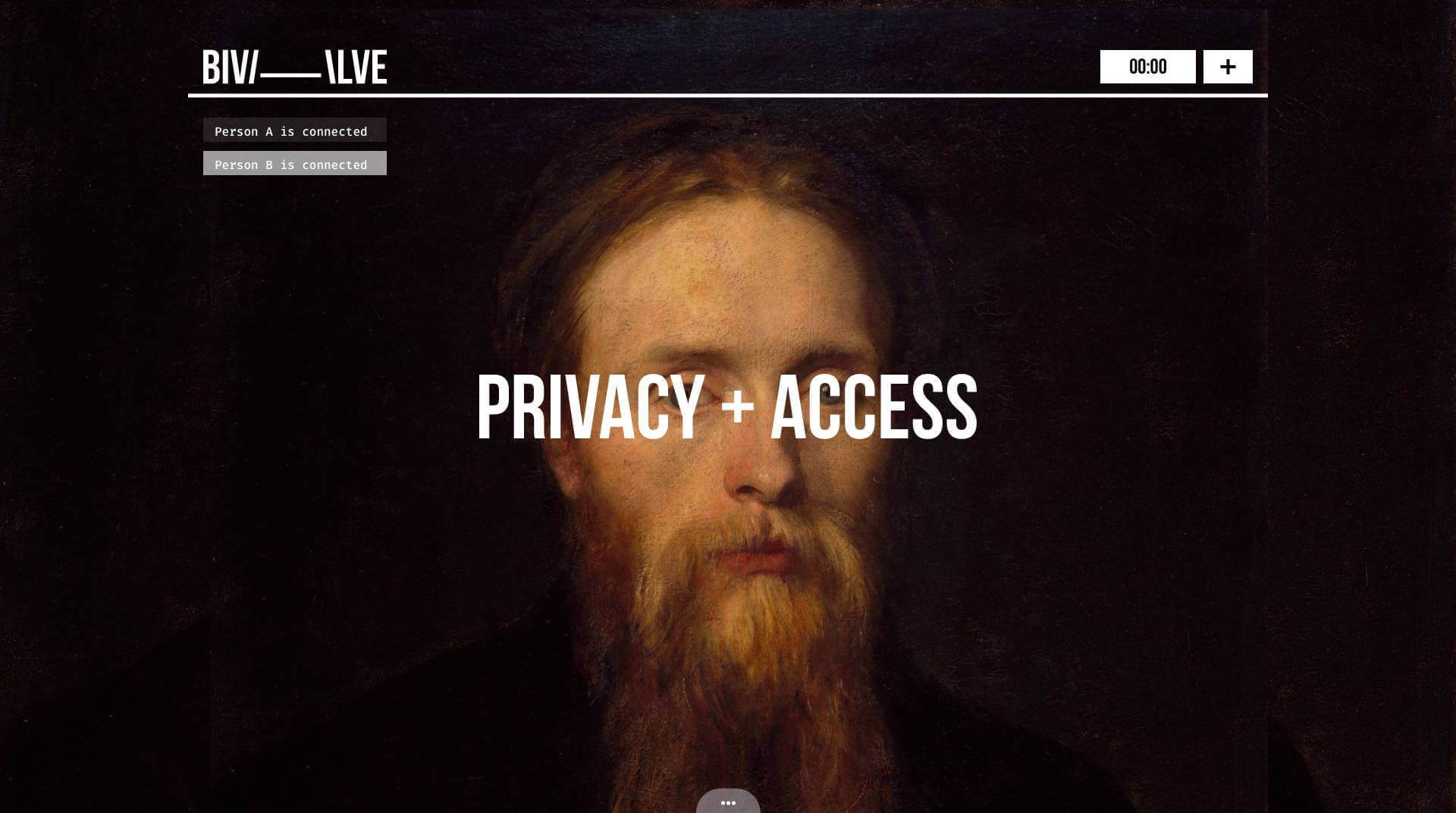
Kuva CEO Alex Hogan’s previous experience researching online propaganda (as visiting researcher at the Oxford University Internet Institute, as visiting consultant with Google Jigsaw’s counter-disinformation group in New York City and as contributor to a propaganda bot exhibited at the Victoria and Albert Museum’s exhibition “The Future Starts Here”) means he has seen the effects of the misuse of personal data up close – the divisions and misinformation caused and enabled by targeted marketing.
“It is my conviction that it is possible to deliver effective, scalable digital services which are not based on the monetisation or sharing of client data. I am so proud of the technologies we have developed to make this mission our reality.”
Alex Hogan, Kuva CEO
Executive Account Manager Beth Barker, based in the Midlands, is known for producing ambitious, socially engaged arts and music projects. She has a BA (Liverpool Institute of Performing Arts)in Music Theatre and Arts Management. Beth has been Programme Manager for the Midlands Arts Centre in Birmingham and most recently managed the curation of major exhibition, ‘The Home of Metal’, about Birmingham’s heavy metal heritage, featuring the archives of and interviews with band Black Sabbath.
“Artworks such as Trevor Paglen’s or Hito Steyerl’s, that show the implications of the many interconnected facets of insidious mass data collection and algorithmic interpretation expose only the tip of the iceberg. This is an ecosystem so vast and complex that it is impossible for any individual to monitor or control what is happening to their data, much less provide their meaningful consent.”
Beth Barker, Executive Account Manager
Research and Business Development Officer Stephanie Moran has a background in contemporary art and libraries, having directed an arts organisation for eight years and most recently having managed the library of Arts Council NPO funded organisation Iniva. She is currently writing up her PhD in Transtechnology Research at Plymouth and collaborating on a project with artist collective 0rphan Drift in partnership with the Serpentine Creative AI Lab.
“As an ex-Librarian and arts researcher, I understand the power of information and its potential for misuse and bias. I am concerned about privacy in the arts – an arena where artists, gallerists and clients regularly share sensitive and confidential information.”
Stephanie Moran, Research and Business Development Officer
